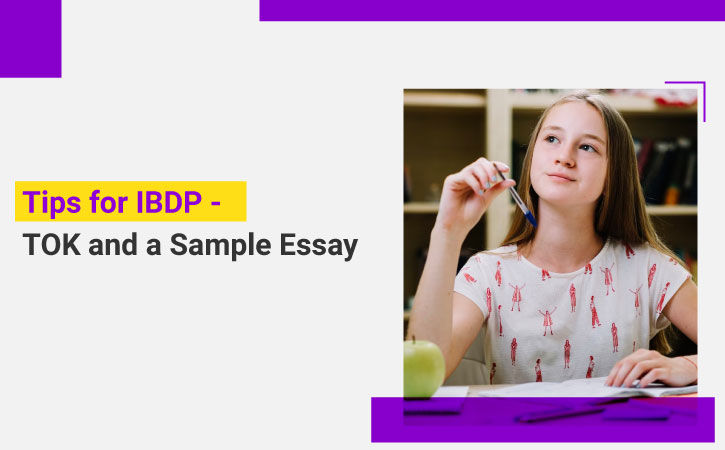

The IGCSE (International General Certificate of Secondary Education) is widely recognized by higher education institutions and employers around the world.
IGCSE or the International General Certification of Secondary Education, as the name suggests is one of the Cambridge Pathway and covers,
This can be perceived like the IB MYP (International Baccalaureate Middle Years Programme) the only difference being that IGCSE follows a specific curriculum whereas IB just provides the framework.
Hence IGSCE is taken under the Cambridge International Examinations (CIE).
After completing the IGCSE levels- grades 6th to the 10th, IGCSE gets replaced by “AS” level (11th grade) and “A” level (12th grade)
The students need to clear the exams conducted by Pearson Edexcel International or CAIE (Cambridge Assessment International Education) to be able to take the “AS” or the “A” levels. They have an option to take the IB Diploma programme too. After the completion of IGCSE examination in the 10th grade, a student gets either a CIE certification or an IGCSE certification, which entirely depends on the school he/she is attending.
IGCSE offers up to 70 subjects to its students, including more than 30 languages. Students can take them in any combinations. The groups under which the subjects are ordered are
Students have to choose 2 languages, one subject each from groups 2 to 5. The 7th subject can be chosen from any group 2 to 5.
Apart from giving an international education certificate, high scores on the IGCSE have other benefits too.
With the pandemic COVID 19 prevalent over the last couple of years, the home schooling has become a hot topic among both the students and parents. There are certain guidelines on how you need to get started for the IGCSE home-schooling. Such a student is called a private student and the IGCSE allows private students take the examinations. If you have decided to pursue the home-schooling option, then read further to understand the guidelines for the process.
To register yourself as a private student, first and foremost task is to find a Cambridge school in your country which accepts private students. Private students are required to register on their own with that school examination centre. Then you venture into understanding the IGCSE education system.
You can visit the British Council branch in your country. The British Council acts as a centre for all British qualifications including the IGCSE. The British Council offer support and advice and ensures the integrity of the exam systems at every stage. The British Council help you with:
So, it’s one stop shop for all your IGCSE home-schooling needs.
As briefed earlier more than 70 subjects are offered by the IGCSE. Depending on your interests and abilities, passion, and future study plans, you need to choose your set of subjects. You can choose a minimum of 5 subjects, one each from the 5 subjects groups discussed above and a maximum of 14 subjects. Once you have finalized your subjects, next step would be to look for the relevant resources and good tutoring help.
IGCSE as you see is a very demanding and vast syllabus. And one of the important preparation for the study is to plan and sketch a study plan or a timetable and stick to it. The timetable must be made considering
Make use of the previous years’ question papers for practice. Practicing can be repetitive and boring, but the practice has its own benefits – makes you confident and comfortable when you take your examinations. Practicing makes you comfortable with the examination paper format, the type of questions that appear on the examinations, the topics from which questions are repetitive, and the difficulty level of the questions.
After all this structured studying, practicing, and revising, still the stress is too much on you as the vast syllabus is demanding indeed. A considerable amount of extra help is needed in the form of an online tutoring help. The Online help can be of a great help
Manya – The Princeton Review offers end-to-end study abroad services encompassing admissions consulting services, test preparation, English language training, career assessment, and international internship opportunities to study abroad aspirants. Founded in 2002, Manya holds an impeccable track record of enabling more than 4 lac students to accomplish their study abroad dreams through its network of 47+ centers across India.
Manya has formed long-lasting global alliances with several market leaders in the education industry in order to maximize the benefits of its large service portfolio. Their list of esteemed partners and affiliations includes – The Princeton Review (TPR), Cambridge University Press (CUP), Cogito Hub, British Council, Tuding to name a few. Manya has also forged 600+ partnerships with international universities across top study abroad destinations.
Book your Free Counselling Session now!Homeschooled IGCSE students are considered to as Private Candidates. Students that register for the IGCSE exam independently and outside of an exam centre are known as private candidates. All independent applicants and their parents are welcome to consult the Cambridge IGCSE examination board’s highly detailed website.
IGCSE is a two-year programme that begins in Class 9 and is intended for students between the ages of 14 and 16. Students who pass the IGCSE exams will receive a credential that is recognised all over the world.
IGCSE History is one of most difficult courses on the list because of its average pass rate around 65%, which is far lower than one might immediately anticipate for a humanities course.
The vast majority of universities, sixth form colleges, and other independent schools worldwide recognise the GCSE and the IGCSE as “identical” credentials because of their strong similarities.
Rising universities and other educational institutions in the UK and abroad accept both the IGCSE and GCSE as valid high school diplomas.

Tips for IBDP-TOK and a Sample Essay